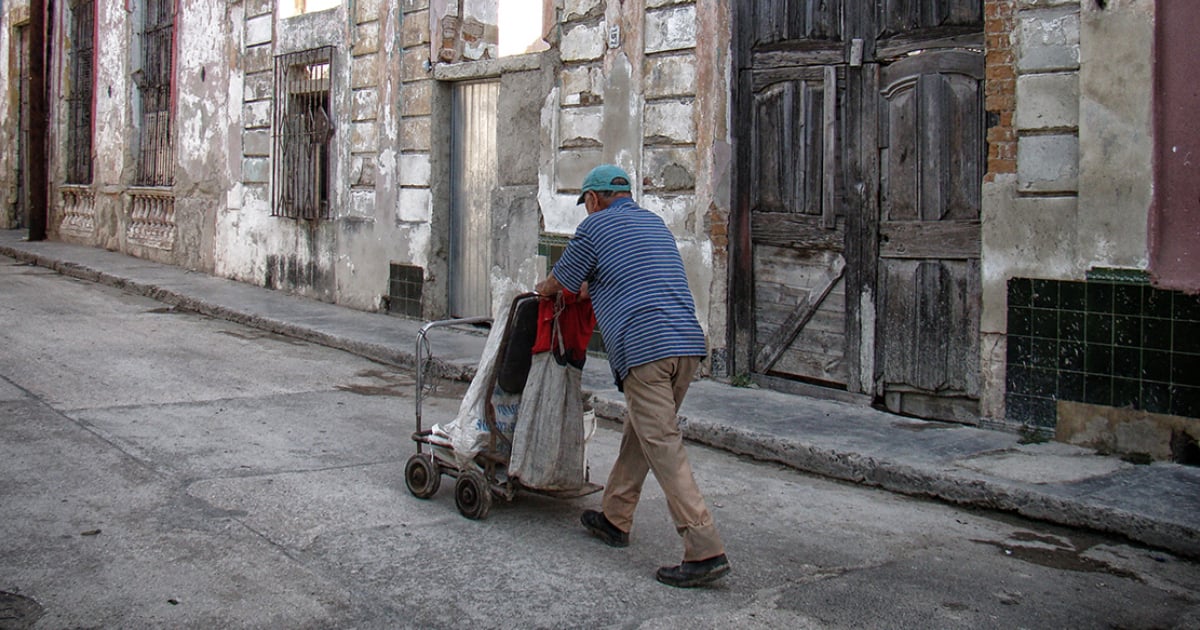Cuba is experiencing a profound demographic shift characterized by a swiftly aging population, driven by declining birth rates and increasing migration. The situation appears dire, with 24.4% of Cubans aged 60 or older by the end of 2023, as reported by the National Office of Statistics and Information (ONEI) in their publication "The Aging of the Population: Cuba and its Territories 2023."
This statistic starkly highlights two significant issues: persistently low birth rates and a rising exodus of those in economically productive age groups. Over the past two decades, there has been a notable increase of 9.7 percentage points in the population aged 60 and above, fundamentally altering Cuba's demographic landscape.
The Demographic Dependency Challenge
According to EFE, utilizing research statistics, from 2021 to 2023, the number of Cubans over 60 grew by 3%, while those aged 15 to 59 decreased by nearly 12%. Additionally, the population under 15 years old also fell by 6%. These changes have significantly impacted the Demographic Dependency Ratio (DDR), which measures the proportion of dependents (those under 15 and over 60) relative to the working-age population.
The DDR increased from 606 dependents per thousand active individuals in 2021 to 681 in 2023, heightening pressure on Cuba's strained economy and social services. This translates to greater financial demands on a state already in crisis and burdened with substantial subsidy costs. The situation is exacerbated by a severe economic downturn and unprecedented emigration, leading to a sharp population decline on the island.
Cuba's Shrinking Population
By 2023, the effective population of Cuba had dropped below 10 million, a significant decrease from 11 million in 2021, as noted by Juan Carlos Alfonso Fraga, deputy head of ONEI. Independent demographers, such as Juan Carlos Albizu-Campos, suggest the actual number might be even lower, estimating a population of 8.62 million.
Despite these alarming figures, Alfonso Fraga advises against dramatizing the situation, acknowledging the issue of declining births is significant but emphasizing the need for Cuba to adapt and work within this new reality to foster development.
Economic Implications and the Way Forward
The demographic future of Cuba poses intricate challenges for its economic development, with an increasing number of elderly requiring robust support systems and potential reforms to counterbalance the shrinking young workforce. Meanwhile, many Cubans, amidst growing hardships, choose to leave the nation in pursuit of opportunities and better living conditions, which are increasingly scarce at home.
